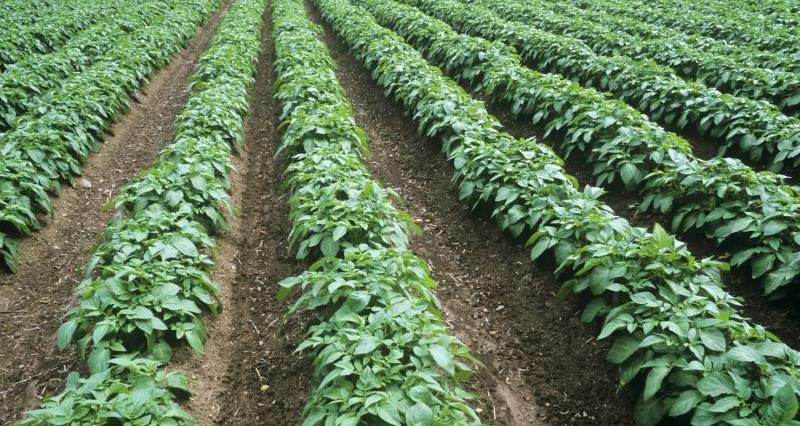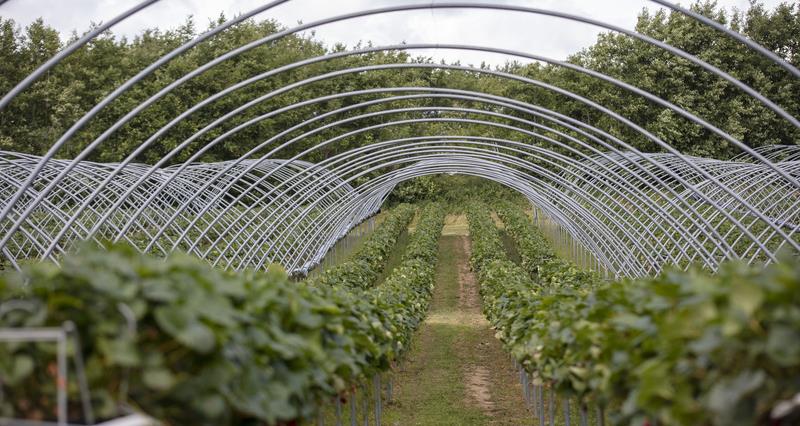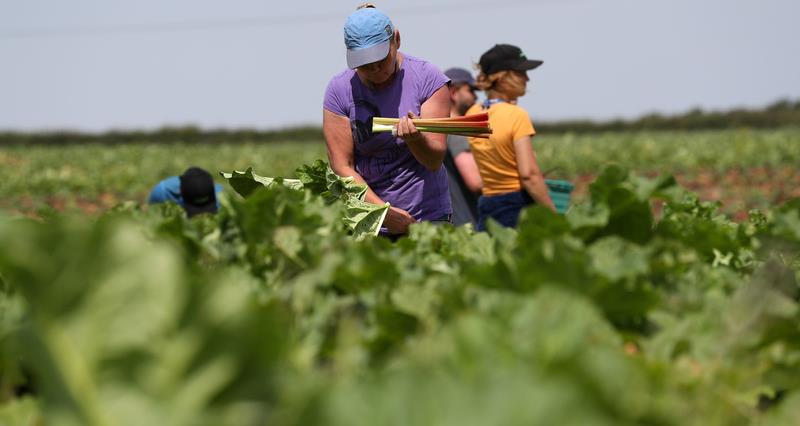Revised in February 2024, the strategy describes an ambitious sector that continues to be undermined by limited government action.
Many of the promises to increase funding and reduce legislative barriers to enable horticulture growth, announced in the Farm to Fork summits of 2023 and 2024, have not been delivered.
The ambitions outlined in the NFU horticulture strategy remain key priorities for the board.
Board priorities

Secure the long-term future of the Seasonal Worker Scheme
For the Labour government to build on the previous government’s commitment to a five-year extension to the scheme, and to deliver a long-term solution that meets the industry’s needs.
Supply chain fairness
After securing a commitment from Defra to regulate for fairness in the sector, it is now critical that the new government follows through and delivers legislative changes to make contracts and agreements across the supply chain fairer and more transparent.
Increased funding for horticulture businesses
The previous government’s commitment to double funding to £80 million didn’t go far enough. The NFU has been calling for the development of a new scheme which offers all parts of the sector, and more businesses within it, access to funding to support increases in productivity and sustainability, to support investment and growth.
Deliver proportionate and efficient import controls
With the implementation of the Border Target Operating Model, many growers are experiencing delays, increased costs and biosecurity risks when importing young plants. The level of disruption is already damaging relationships between overseas suppliers and UK growers. The NFU is pushing for a more proportionate regime, and greater opportunities for business to receive plants direct to site rather than through a Border Control Point.
Farm assurance which delivers value to suppliers
The costs and burdens of farm assurance have risen significantly since its inception and many growers see little or no value from the marketplace. The farm assurance landscape must remove duplication, provide sufficient value to growers for standards which go above legal requirements, and must be developed in collaboration with producers. As an example, the SMETA standards should be revised to remove the complex and undeliverable ‘Collaborative Action Required’ standards and be subject to proper consultation before growers are audited against them.
Access to crop protection
The delay in publishing a new National Action Plan for the sustainable use of pesticides means limited progress can be made in delivering a bespoke UK crop protection policy which recognises its unique climate, pest and disease pressures and high standards of production.
An enabling planning policy
Greater consistency is needed in planning decisions to support - not restrict - horticultural businesses’ ability to grow. This includes the provision of high quality, short-term accommodation for seasonal workers. Additionally, BNG (Biodiversity Net Gain) requirements add significant costs to protected cropping businesses seeking to expand. An exemption from BNG for horticultural businesses is required.
Access to sustainable growing media
Any future ban on the use of peat in commercial production must be time-appropriate and allow for exemptions where needed. There is need for industry and government collaboration to move towards peat-free in an environmentally and commercially sustainable way. It is also critical that any restrictions placed on UK growers are equally applied to imports to ensure UK businesses are not undermined by imports which continue to access growing media which may be limited here.
Access to water
As the sector is vulnerable to drought and the challenges from reductions/revocations of abstraction licences, greater investment is needed in infrastructure to collect, store and distribute water both on farms and within and between regions.
Access to affordable and sustainable energy supplies
Greater recognition of energy intensive horticulture sectors within future energy support and investment schemes, and an expansion of grid infrastructure to support investment in renewables.



